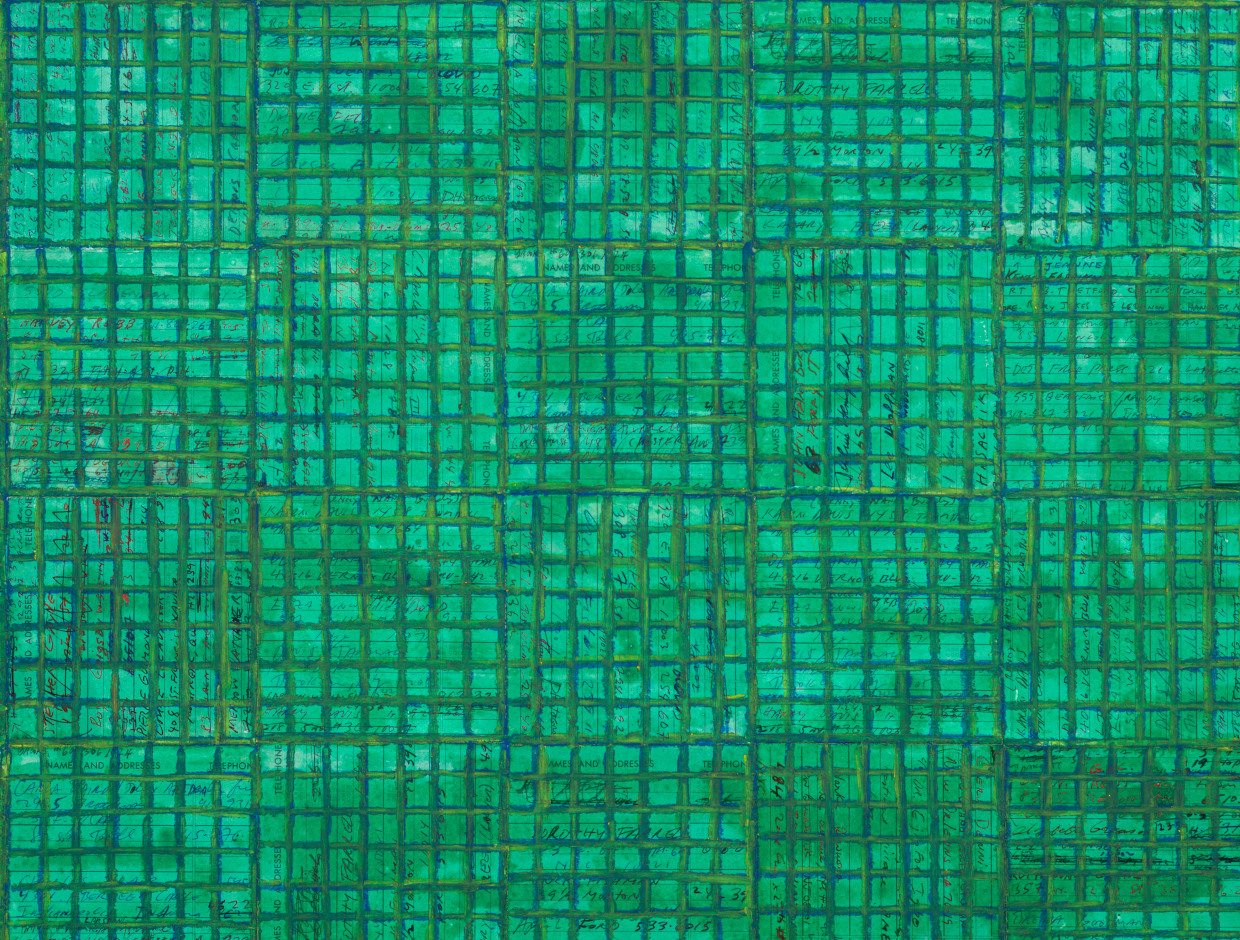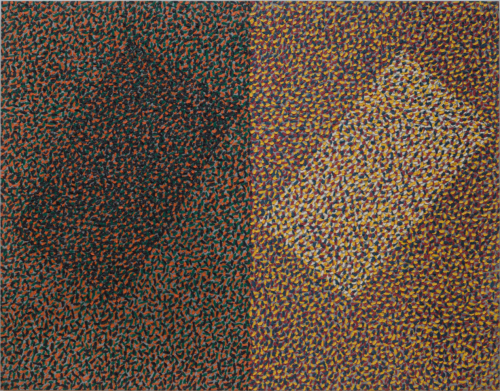

With works in a variety of mediums by nearly eighty artists dating from the 1920s to the present, Black Refractions presents close to a century of creative achievements by artists of African descent. Celebrating The Studio Museum in Harlem’s role as a site for the dynamic exchange of ideas about art and society, this landmark exhibition proposes a plurality of narratives of Black artistic production and multiple approaches to understanding these works. Organized by the American Federation of Arts and The Studio Museum in Harlem, the exhibition reveals the breadth and expansive growth of the Studio Museum’s permanent collection and includes iconic pieces by artists such as Barkley Hendricks, Faith Ringgold, Lorna Simpson, Alma Thomas, and James VanDerZee, as well as Seattle’s own Jacob Lawrence and Noah Davis, among many others.
The Studio Museum in Harlem has served as a nexus for artists of African descent locally, nationally, and internationally since its founding in 1968—a watershed year that saw the assassinations of Martin Luther King Jr. and Robert F. Kennedy, major demonstrations against the Vietnam War, and Tommie Smith and John Carlos’s Black Power salute at the Summer Olympics. The Museum’s founders were a diverse group of artists, activists, and philanthropists, all committed to creating a working space for artists and a forum in which communities could view and interpret art in Harlem. At the same time, they sought to foreground the work of Black artists amid larger discussions of exclusionary practices in cultural institutions across the United States.
The Studio Museum’s Artist-in-Residence program—providing the “Studio” in the Museum’s name—was established as an opportunity for emerging artists to create new work in the heart of Harlem, a neighborhood historically associated with Black cultural production. The program has supported many distinguished creators at decisive stages in their careers, including Chakaia Booker, Jordan Casteel, David Hammons, Kerry James Marshall, Wangechi Mutu, Mickalene Thomas, and Kehinde Wiley, all of whom have work included in the exhibition. Black Refractions will allow audiences across the country to engage more deeply with this important collection and provide additional contexts in which we can understand its powerful works.